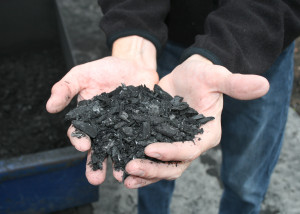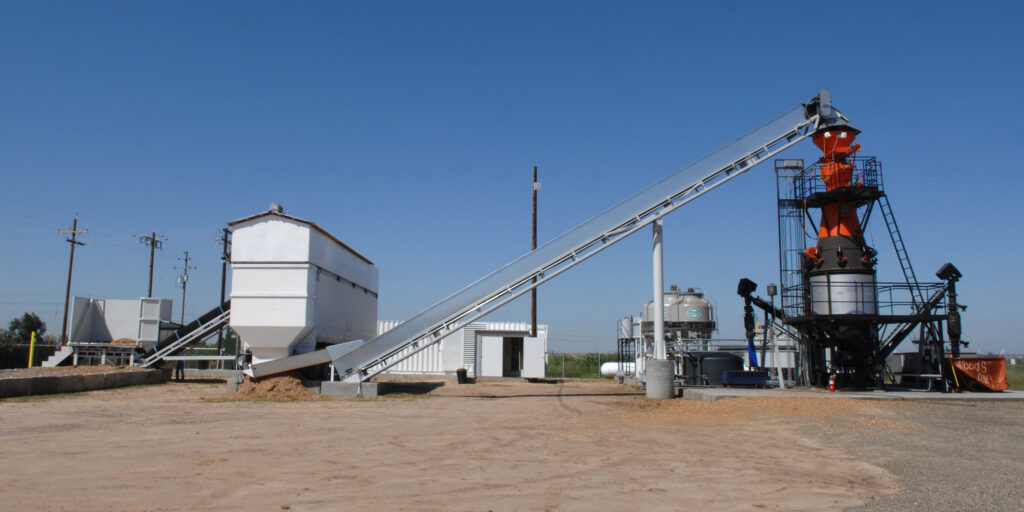Biochar Consulting
The thin crust of the earth—which worldwide averages just 6 precious inches of topsoil that sustains much of the life on the planet— has been very poorly managed by modern man. Many formerly fertile areas have been or are being destroyed through erosion from overgrazing, desertification, modern farming practices, logging activities, and the constant encroachment of civilization. According to a 2010 study by the American Farmland Trust, some 41 million acres of rural land was permanently lost between 1985 and 2010, with an additional acre of land now being lost each and every minute. According to another study, by 1984 American farmland had lost three billion tons of topsoil through erosion. Much of this soil now sits at the bottom of the Gulf of Mexico and other marine environments influenced by great river systems like the Mississippi, along with the massive amounts of nitrogen, phosphorous, and other chemicals flushed from fields upstream.
Human activities and the ecosystem services that sustain us are clearly out of balance, and an alarming number are nearing collapse. We desperately need to rethink our relationship to, and how we work with, the natural systems that we rely on for our food, our water, and much of our commerce. There are a growing number of farmers and ranchers—those whose very livelihoods rely on being good stewards of their land—that are responding by adopting farming methods promoting soil health and who are proving that techniques such as no-till, composting, drip irrigation, rotational grazing, organic farming, and permaculture principles, are not only improving their soil but improving their bottom line as well.
Biochar, a form of charcoal suitable for use in plant and animal agriculture, is gaining strong proponents worldwide as scientific studies, field trials, and backyard experiments grow exponentially each year. These studies have shown that some biochars—made by heating biomass at high temperature in low oxygen environments—can have a wide range of beneficial effects. Lab and field studies have shown that biochar can:
Improve water retention
Reduce soil compaction
Improve plant production
Improve soil porosity & tilth
Decrease nutrient leaching
Improve cation exchange capacity
Promote growth of mycorrhizal fungai
AND, sequester CO2 beneficially and safely, in soilBiochar under the microscope
This microscopic view of biochar shows the high porosity of biochar. Thousands of tiny holes and crevices, and a highly adsorptive surface area, provide housing for microorganisms, nutrients and moisture. Studies also show a positive relationship between mycorrhizal fungi and biochar.
Biochars can be good for the environment in other ways as well. One study found that biochar, when fed to cattle in small doses in their feed, decreased enteric methane (a potent greenhouse gas) releases by 22% and increased their live weight over the control group. It has been estimated by Hans-Peter Schmidt, a Swiss biochar researcher, that some 90% of the biochar currently being used in Europe is fed to animals, including chickens, as a feed supplement. After excretion, the biochar-laced manure can then be collected, composted, and spread on fields and pastures to improve grass production and help build organic soil carbon as well.
While much study still needs to be done, particularly in field studies with different types of biochars—and there are MANY different types of biochar—we strongly believe that this simple, organic soil supplement will some day be ubiquitous in agriculture.

Biochar blended with compost is spread over a pastureland test plot at Swallow Valley Farm as part of the Sonoma County Biochar Project.
Biocarbon Associates will take the time to understand the needs and challenges each client faces to determine how biochar might fit into their current operations. We can show you how to make biochar sustainably on a farm scale, how to prepare it for use in soil, how to apply it, and about its many other emerging uses—as a potential filtration medium, building material, animal feed, or odor-reduction solution. We also have several sources for variable quantities of high-quality biochar—from 1.5 cu. ft. bags, to 1.5 yard super sacks, to truckloads. Contact us today at 707.291-3240.

Woodchip feedstock conveyer system for a gasification system producing renewable energy and biochar.
